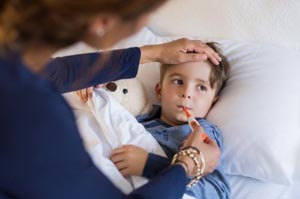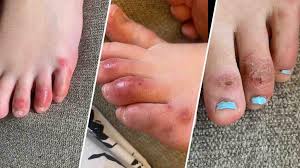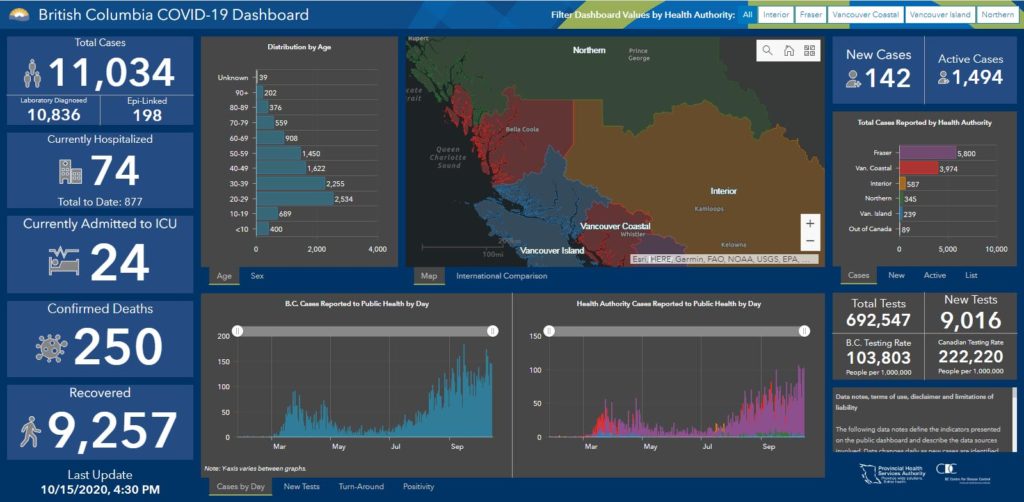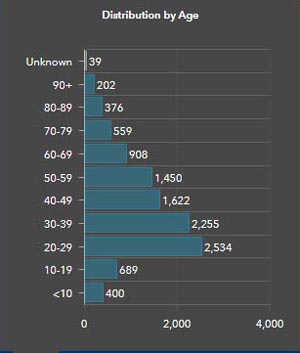
Thursday October 15, 2020 | VICTORIA, BC [Updated October 17, 2020]
by Mary P Brooke, B.Sc., editor | Island Social Trends
Over the course of the COVID-19 pandemic, the beliefs and discoveries about how the virus affects children has changed.
Early on in the pandemic, this spring, it was stated by health officials that children were less likely to become infected with COVID-19, and also that they were less likely to spread it. Also, in BC, there was reluctance on the part of Provincial Health Officer Dr Bonnie Henry to connect a documented inflammatory response to COVID infection in children.

In the summer, Dr Henry said that BC was aligning itself with other countries and the World Health Organization (WHO) to start reporting suspected cases of Multisensory Inflammatory Syndrome in Children (MIS-C) even if there was no evidence of being caused or resulting from COVID infection.
Over the last month or two, Dr Henry shifted the messaging to say that the COVID-19 virus can infect persons of any age, particularly as more working-age adults (most significantly in the 20 to 39 year age cluster) were coming down with the infection.
It’s a virus. It feeds off human hosts. As is now commonly said by public health officials worldwide about the COVID virus, it does not discriminate as to income level, race or geographical location.
The age factor seems to be one of the last component parts to be considered ‘non-discriminatory’ for people getting infected. That is very likely due to the public health stance from the beginning to protect “seniors and elders”; public health already knew that communal living conditions in long term care would be a factor that supported viral spread (similar to the flu, but COVID has obviously been worse).
First confirmed case of MIS-C in BC:

Today’s top-of-the-hour announcement from Dr Henry was that MIS-C has been documented for 16 children in BC as ‘suspected cases’, in that those children did not test positive for COVID at the time that MIS-C presented.
But one case did occur in a child under the age of five, who did test positive for COVID, said Dr Henry today. “The child was under investigation after showing symptoms of the syndrome and was confirmed with MIS-C when a COVID-19 serology test came back positive. The child has fully recovered and is at home,” Dr Henry outlined.
In BC to date, 400 children under the age of 10 have tested positive for COVID-19. There have been 689 cases in kids and teens ages 10 to 19.
The BC Centre for Disease Control (BC CDC) website has a section about COVID-19 and Children.
Schools are safe:
Dr Henry says schools are a safe place because it is a controlled setting, primarily meaning that cohorts are known and relatively stable and that contract tracing would be relatively quick and straightforward with known contacts.
Reminder about hand-washing:

Today is International Handwashing Day. “Take the time to refresh your good handwashing habits,” said BC’s top doctor.
“When you come home, arrive at work or school, pause to wash your hands before doing anything else,” she said, with a reminder that handwashing should be for at least 20 seconds, with hands lathered up with soap and rinsed under warm running water. Dry your hands thoroughly.
BC COVID stats at October 15:
In the last 24 hours there have been 142 more test-positive cases of COVID-19 in BC (out of 9,016 tests done), bringing the total to 11,034 since the beginning of the pandemic. No new deaths today.
Of today’s new cases, 1,494 are active including 74 people in hospital (down from 84 yesterday). So far this year 877 people have been hospitalized with COVID-19 in BC.

The number of hospitalized patients that are in ICU remains at 24 (same as yesterday and Tuesday, but up from 19 before the long weekend).
New cases on Vancouver Island:
There were two new test-positive cases of COVID-19 on Vancouver Island today (on top of two reported yesterday and 10 from over the long weekend for the four 24-hour periods October 9 to 13).

The new cases on Vancouver Island fell into these age groups over the last three reports:
- under age 10 – 1 case Oct 15
- 20 to 29 years – 4 cases Oct 9-13
- 30 to 39 years – 2 cases Oct 9-13
- 40 to 49 years – 1 case Oct 9-13
- 50 to 59 years – 1 case Oct 14
- 60 to 69 years – 3 cases Oct 9-13; 1 case Oct 14; 1 case Oct 15
Recovered:
Now 9,257 people in BC are listed as recovered from test-positive cases of COVID-19, though Provincial Health Officer Dr Bonnie Henry said again last week that some people do maintain some lingering health impacts beyond the infectious period.
Under public health watch:
There are 3,683 people (up from around 3,600 both yesterday and Tuesday) in self-isolation due to known exposure to the infectious virus (the highest number of people yet who are under active public health surveillance). This means they are away from work and school and other regular activities, and dealing with things like grocery shopping in the ways most of us did during the early near-lockdown of the first phase of the pandemic.
A list of COVID-19 symptoms is posted on the BC Centre for Disease Control website.
Halloween reminder:
As she has for a few weeks now, Dr Henry again today stressed the importance of safe Halloween activities this year. On the day or evening of October 31 people are encouraged to celebrate at home within their own household bubble. If handing out treats, the idea is to do that outdoors so that multiple people are not at the door or entering the home.
Group activities are not advised. That means trick or treating within your own social bubble and not mixing with others. Mall walk-throughs and visits to stores handing out candy is not part of Halloween 2020 said Dr Henry today. These concepts were outlined weeks ago, but people still seem to be asking.
Stats at BC CDC:
All the details about COVID-19 in BC are available anytime on the BC Centre for Disease Control website. | BC CDC data about COVID






